Dakhni Muslim Kutt Kofta Is the Winter Dish We All Need

Zahra Harmain explains the Dakhni Muslim Kutt, a rich horsegram stew, in which meatballs are simmered, and eggs are poached, to make for a deeply warming meal that is reinvented at each serving.
Kulthi ka Kutt or Kutt kofta is a rich, deep brown, tangy horsegram gravy in which meatballs are cooked to tender perfection. Kutt is the result of several hours of boiling horsegram, ideally over a wood-fire, or a slow flame on the stove top. The strained horse gram water is then reduced, to make kutt. The process sounds easy in theory, but let me assure you right now, it is not. It is strangely difficult to master.
Kutt kofte is popularly known to be a Benguluru Dakhni Muslim community dish that is prepared during Ramzan. Most crucially, it is a winter delicacy. But it is not uncommon among Dakhni Muslims from other parts of Karnataka, and even parts of Hyderabad. Since reduced horse gram extract is known to generate heat in the body, it is eaten in winters to keep warm.
Kutt or reduced horsegram gracy forms the base of this dish, and the eggs and meatballs are additional accoutrements. When one add meatballs, the dish becomes Kutt Kofta. And if one were to add eggs — with two options to choose from – boiled eggs (as seen in a few Bangalore restaurants), but better still, eggs poached in the gravy, that is Kutt Andey. And finally, finished with an elegant onion and curry leaf tadka.
Despite how fairly straightforward this sounds, it is notoriously hard to perfect.
When kutt kofta is being prepared at our home, our meals look something like this:
Day 1 lunch is kutt kofta with rice. Dinner is kutt kofta with rotis,phulkas or naan.
Day 2 breakfast is dosa or neer dosa with kutt. When the meatballs run out and all that is left is gravy, we add in boiled eggs. So lunch is often kutt ande with rice. And dinner — kutt andey, but poached eggs!
This dish sustains the family over 2 days and, like biryani, improves with time, and tastes best on Day 2.
The origins of this dish are unclear, but there are many variations of horsegram or kulith, cooked as a gravy. One is Ulva kuttu, a Telangana dish, and Kulthi ka Kutt in Dakhni Muslim households in Hyderabad. Ulva kuttu looks similar to kutt but the flavours are quite different.
Recipe for a Dakhni Muslim Kutt Kofte
For the Kutt
1 kg horsegram
Water, to cover more than 3/4th of the vessel the horsegram is boiled in
Method
Cook the Horsegram till tender on high flame over the stove top (Ideally to be done on slow flame). Strain the water. Cook the water on medium-high flame till it reduces to almost half. Set aside.
For the Kofta
¼ cup fresh coconut
½ kg minced mutton
½ onion
1 tsp ginger garlic paste
2 tsp red chilli powder
¼ tsp turmeric powder
Coriander, a bunch
2 cloves
1 inch cinnamon stick
100g roasted chana dal
Salt, to taste
Place all the ingredients except the mutton into a food processor. Blitz until you have a smooth mix. Add kheema to this mix and blend well. Make walnut sized koftas or balls. Keep it aside
For Kutt kofte
In a blender, make a smooth paste with
1 cup coconut
5 medium tomatoes
1 onion
A whole bulb of garlic
2 tsp cumin seeds, roasted
3 tbsp tamarind pulp
3 tsp red chilli powder
Salt, to taste
Place the reduced horse-gram water on the stove top, on a high flame.
Pour in the paste, then add in the tamarind pulp. Adjust tanginess to suit your preference. Add the red chilli powder, and finally salt. Give it a good stir.
Add in Koftas at this point or boiled eggs.
Cook for 20-25mins with lid closed.
For the Seasoning
1 sliced onion
Curry leaves, a handful
Ghee, to fry
Fry the sliced onions and curry leaves. Pour the seasoning over kutt after the koftas are cooked. Close the lid. Serve hot.
ALSO ON THE GOYA JOURNAL


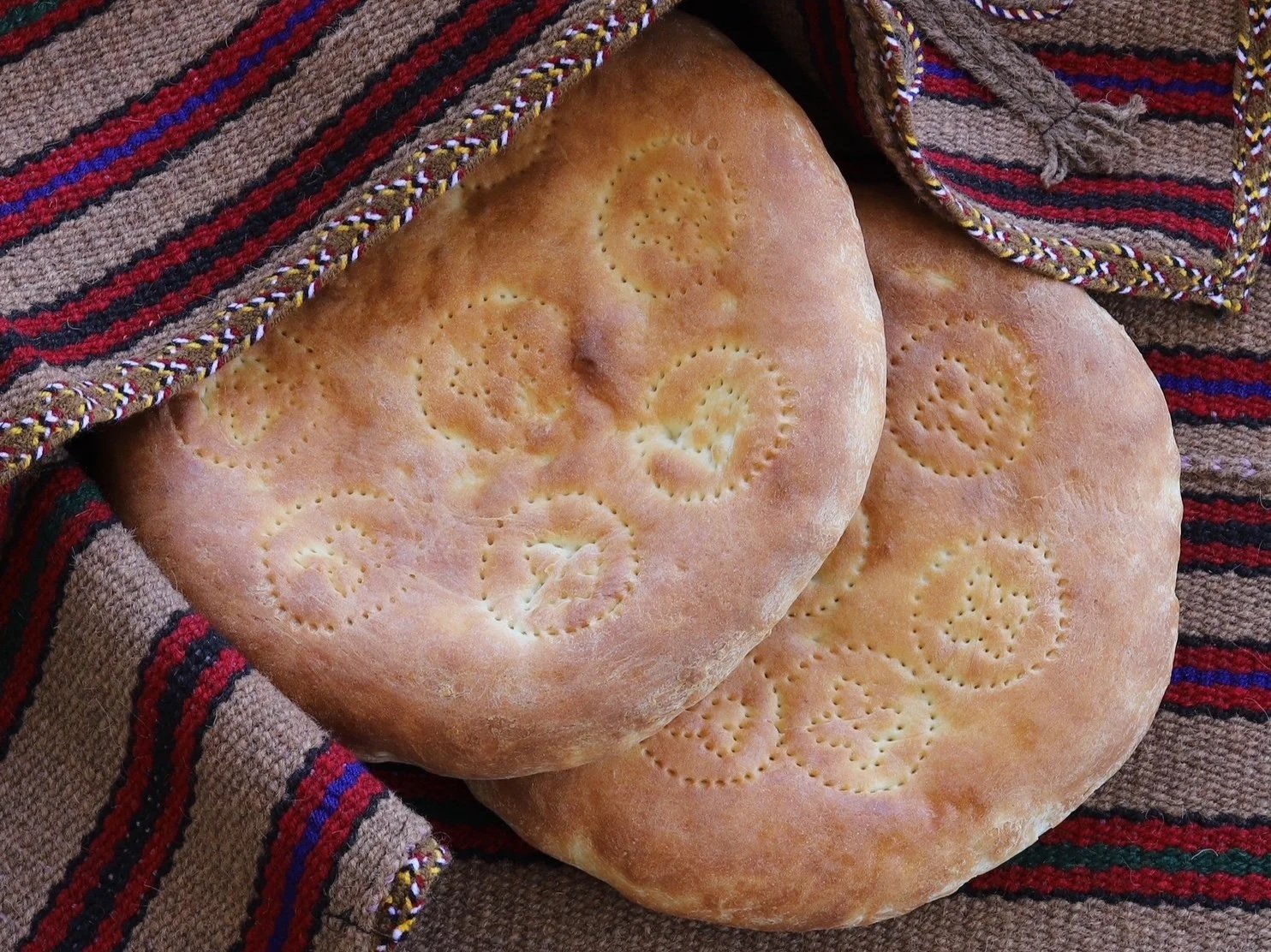
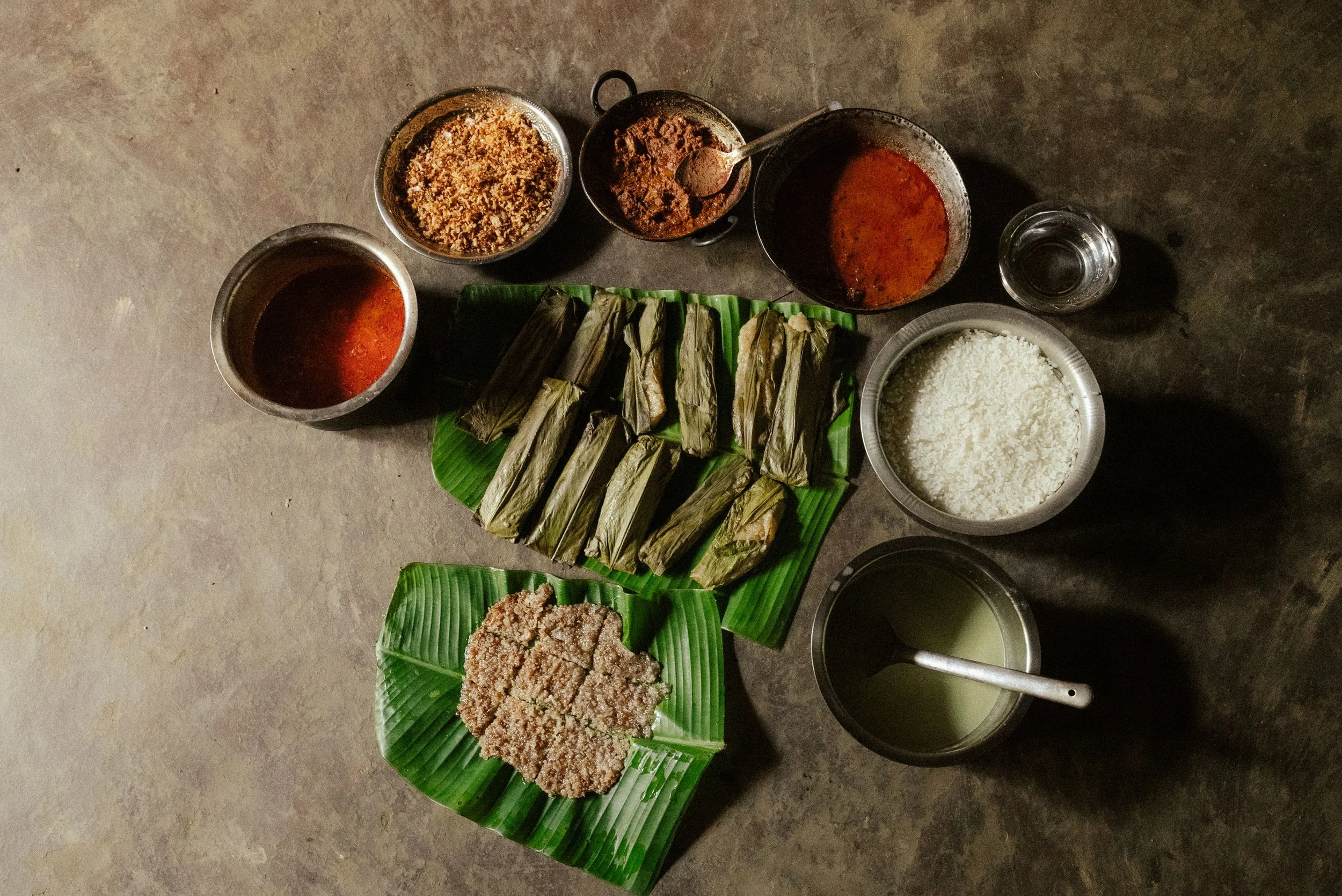
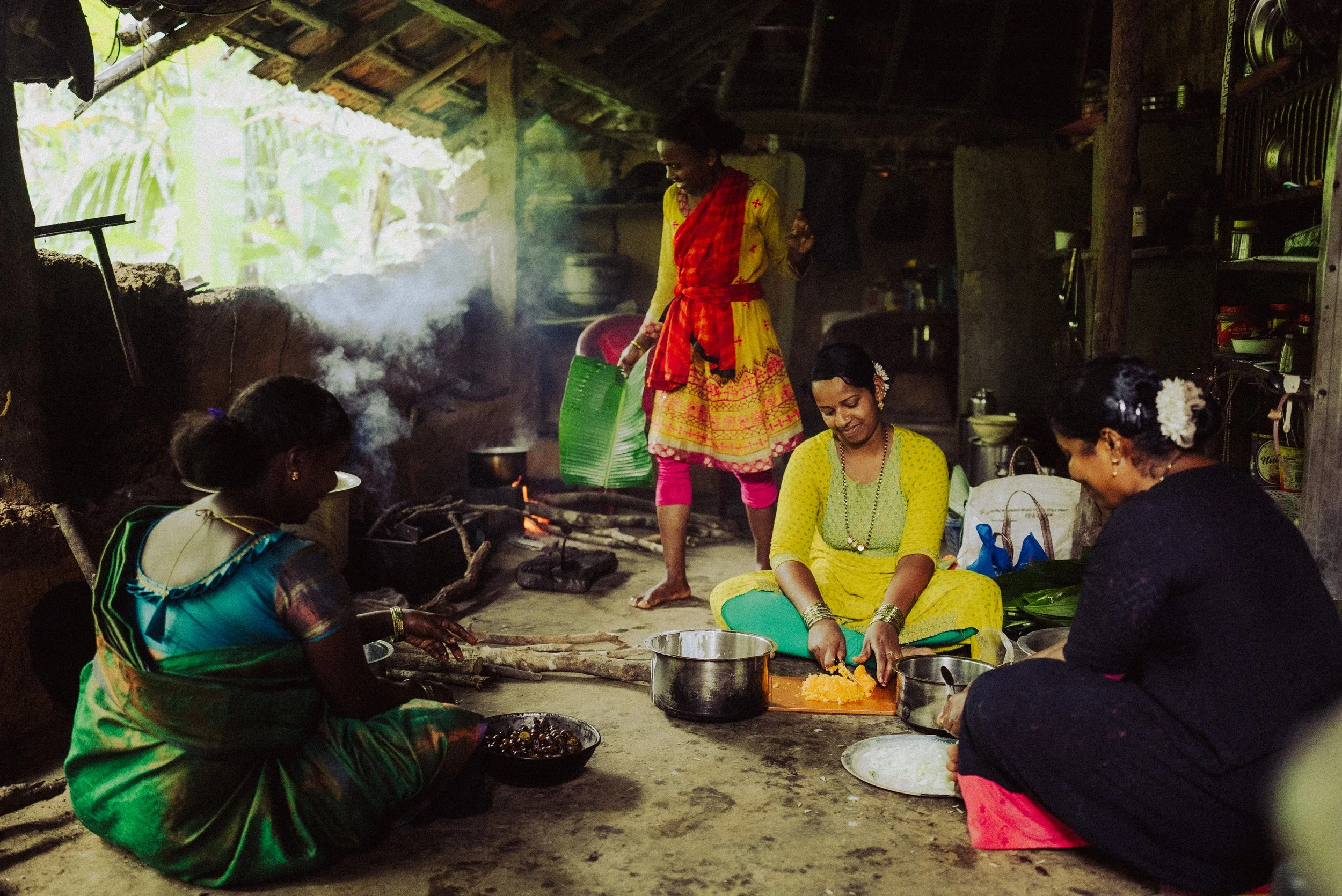
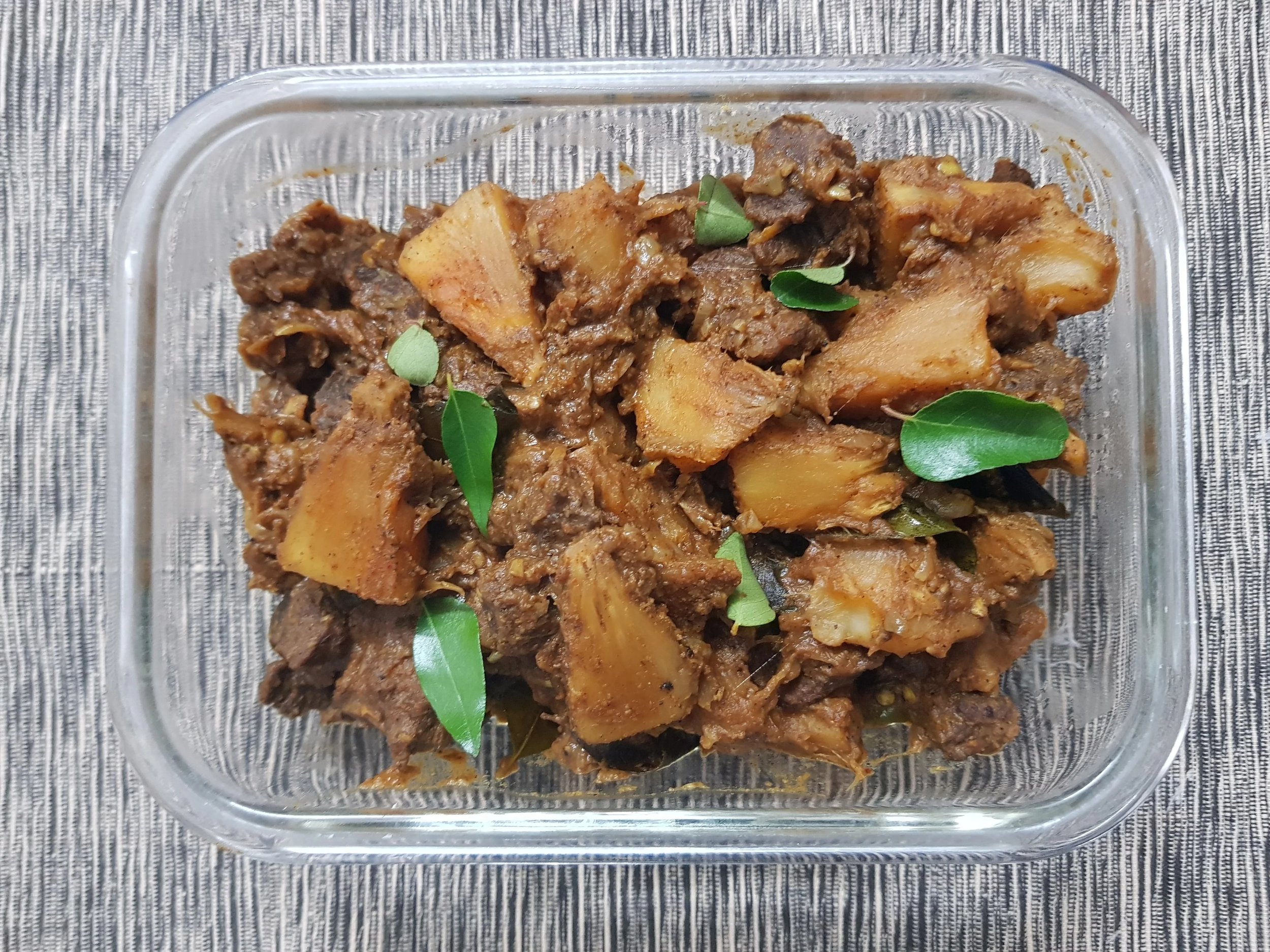
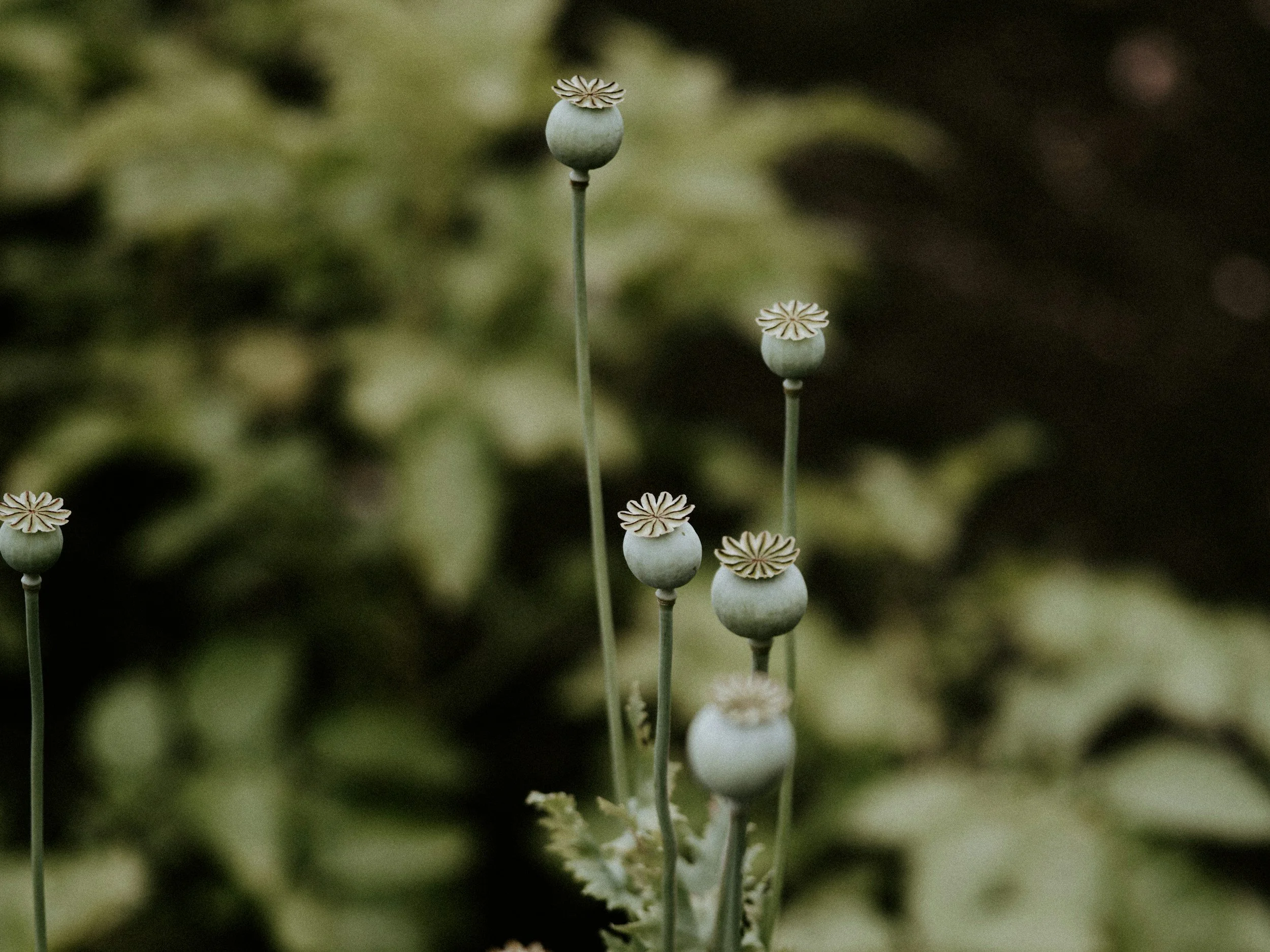
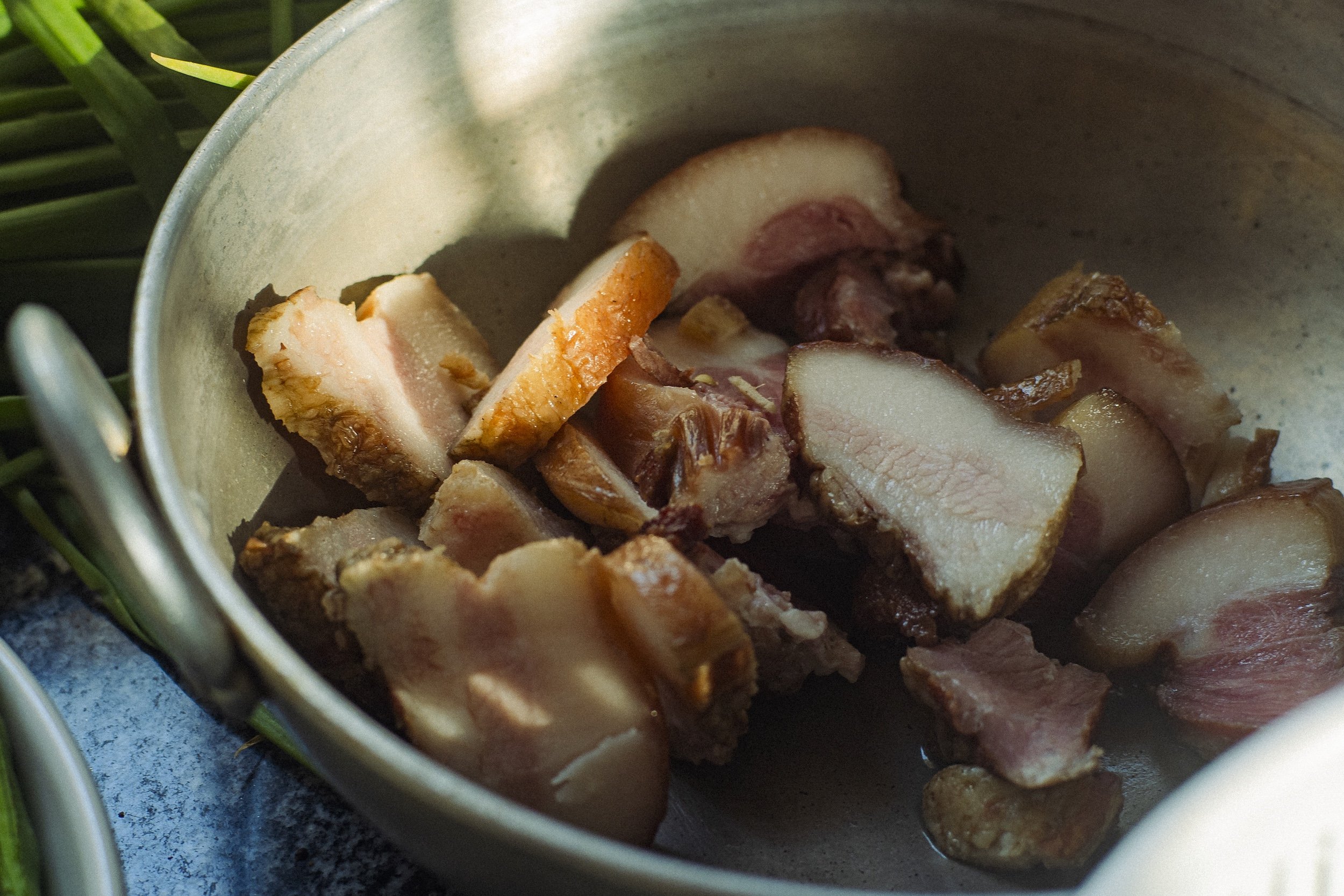
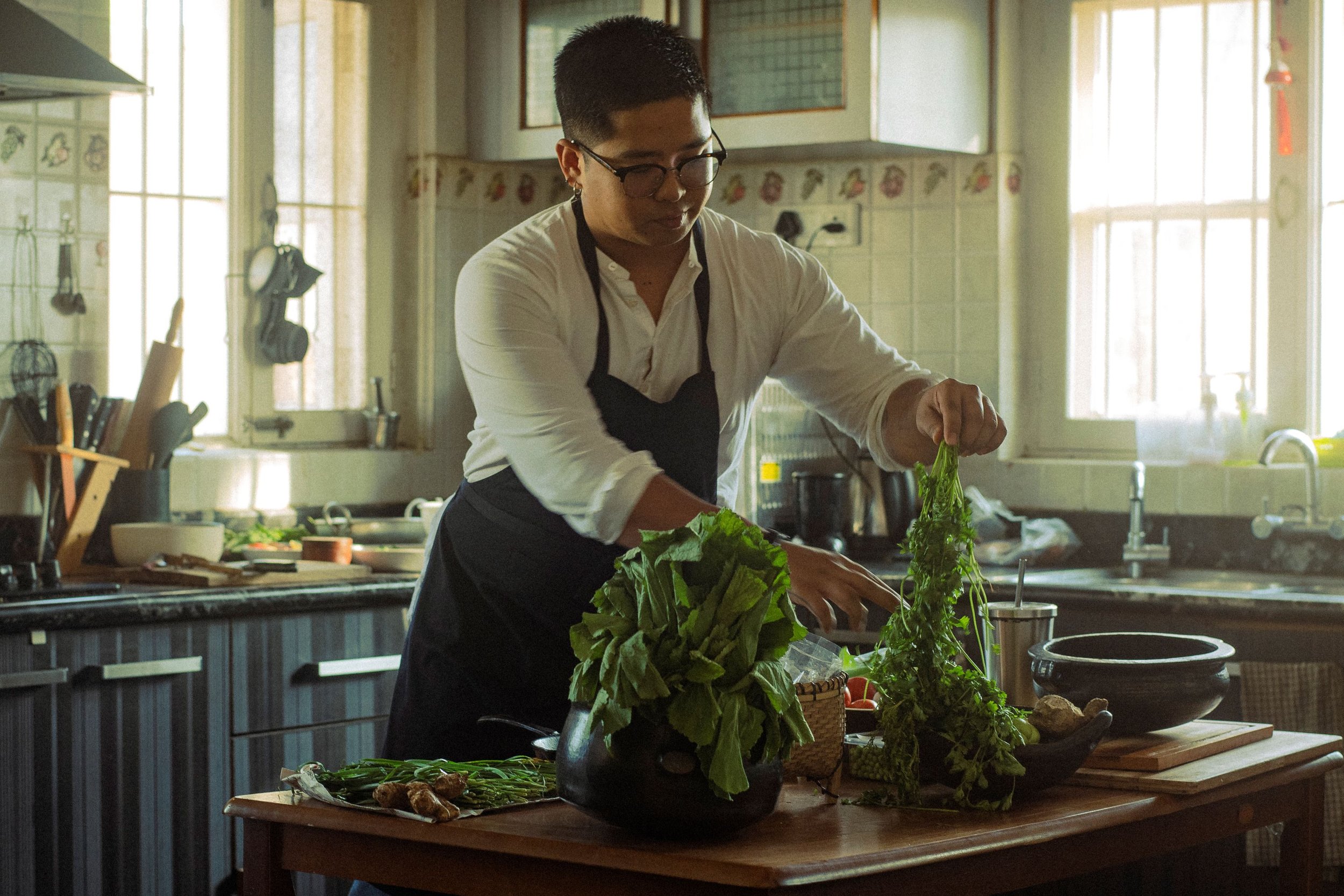
Neo-nomad cuisine at its finest | Terrence Manne